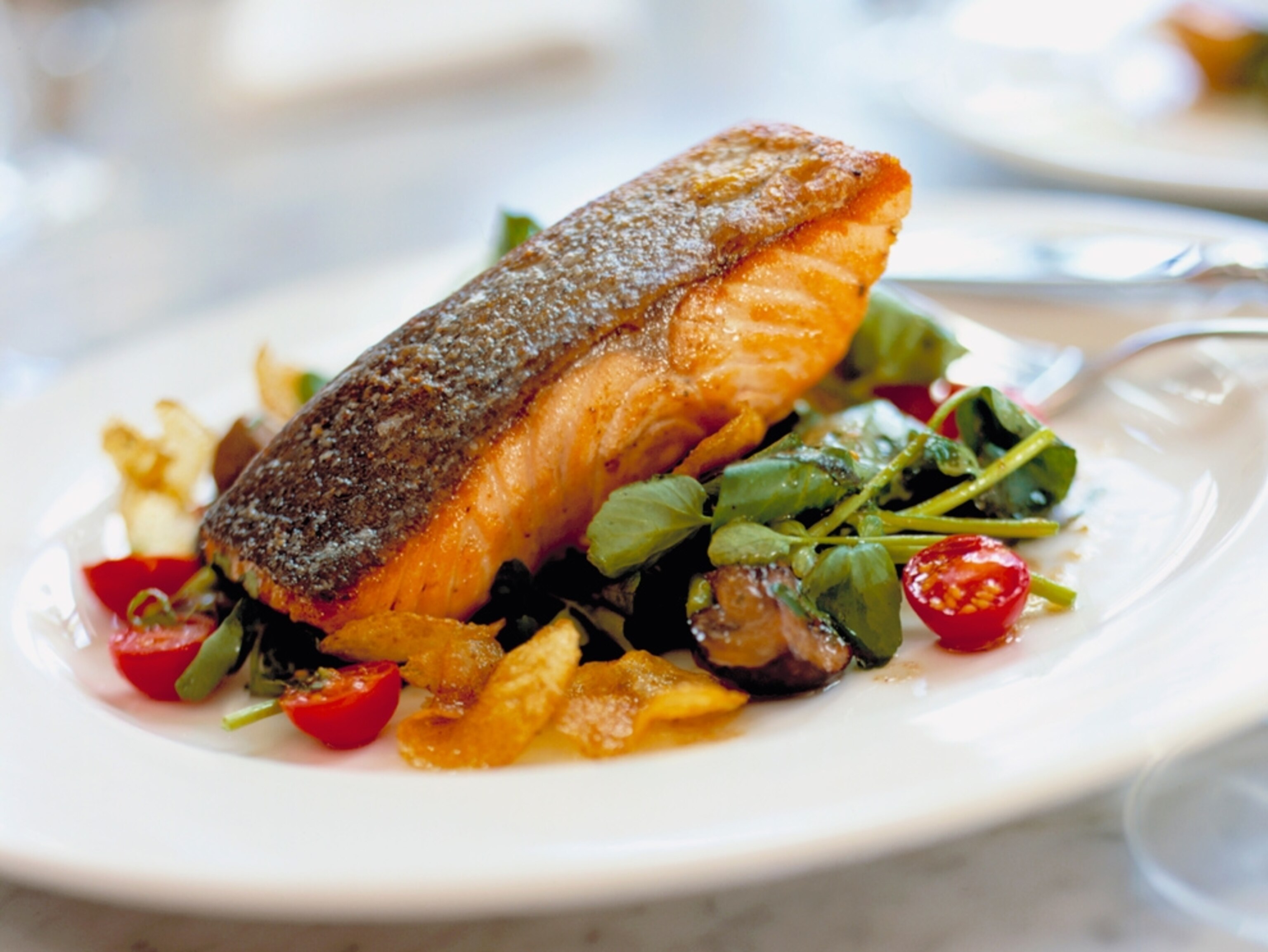
Sustainable Seafood
How Do We Balance Our Tastes With What's Right for the Oceans?
Sustainable seafood represents a healthy relationship with our oceans that can endure forever. When humans consume seafood, we leave an indelible mark on the ecosystem. It is critically important for our own well-being—and that of the oceans—that we understand the impacts of our choices.
The oceans sustain all life on Earth and are vitally important to our own lives. Although they cover more than 70 percent of our planet, the oceans are not infinitely resilient, and our quest for more and more seafood has brought about disastrous consequences. The health of the oceans impacts many of our primary concerns, including our own health and nutrition, access to food for all economic levels, sustainable economic development, our social structures, and just plain delicious meals. Our seafood choices offer a daily opportunity for each of us to contribute to the oceans' restoration.
Take some time to educate yourself about the right decisions—and make a difference in the health of the planet.—Barton Seaver, chef and seafood expert
What Is Sustainable Seafood?
Not so long ago the ocean’s bounty seemed to have no limit. Now we know better. Efficient fishing fleets and an ever growing hunger for seafood have pushed many of the world’s fisheries to the brink. A shocking 70 percent are exploited, overexploited, or have already suffered a collapse—and the problem is much bigger than a few missed meals. Thriving ocean ecosystems are important for the health of the entire planet.
Sustainable seafood is a way to replenish our oceans and manage their resources into the future. Informed consumers can make all the difference by finding out where their fish comes from and by making responsible choices.
Sustainable fisheries target plentiful species, including those smaller and lower on the food chain, because they can reproduce quickly to sustain their populations. They also mandate environmental safeguards like curbing bycatch and reducing dredging and other destructive fishing practices. Sustainable wild fisheries must be well managed, with accurate population monitoring and regulations that can track seafood from the fishing boat to the dinner table.
Aquaculture is a big part of the picture. Fish farms produce half of all the seafood the world eats—but not all of them are created equal. True sustainable operations minimize environmental impacts like pollution, disease, and other damage to coastal ecosystems on which wild species depend. They also avoid using wild-caught fish as feed, a practice that puts enormous additional stress on wild fish stocks.